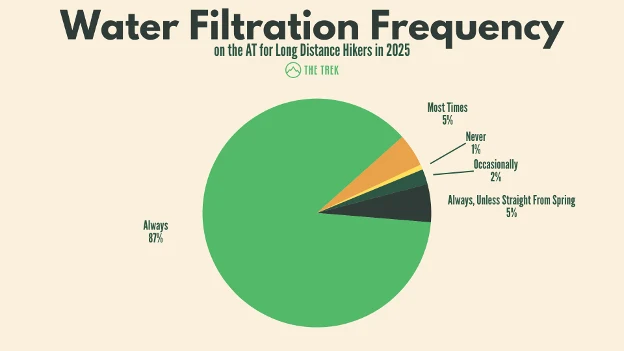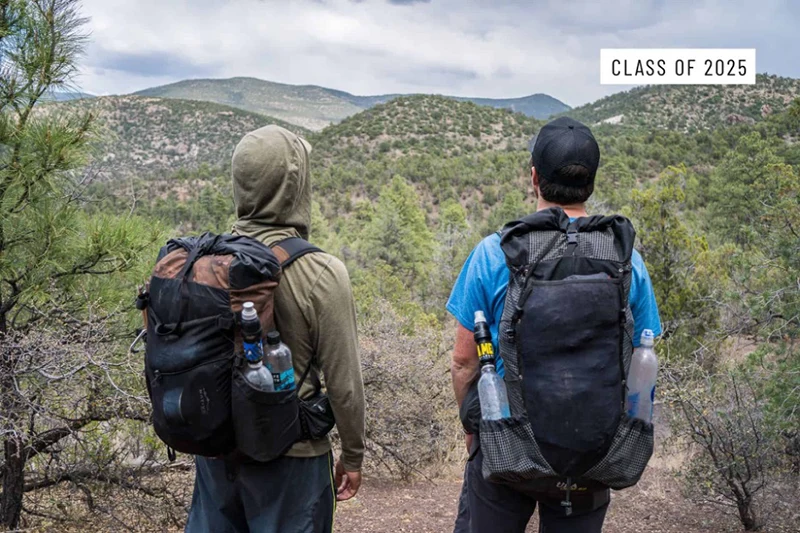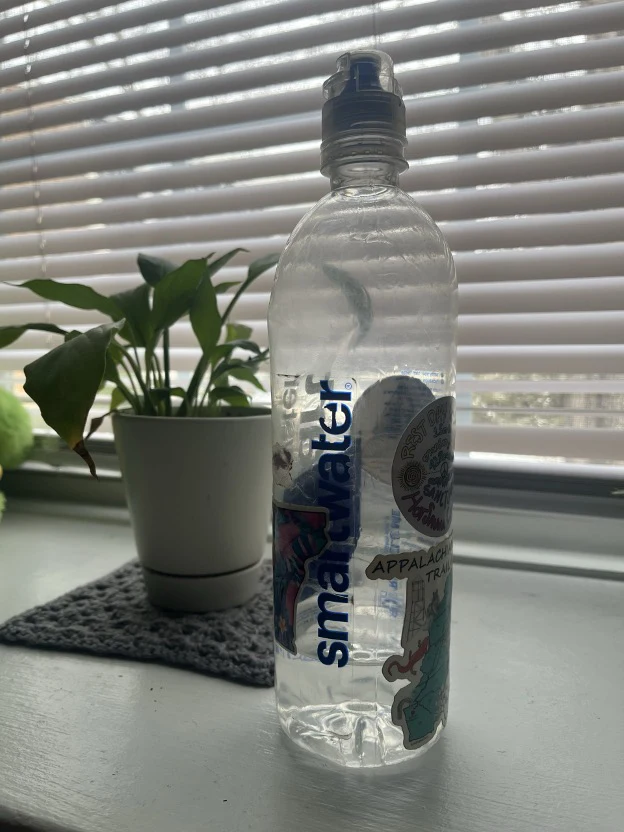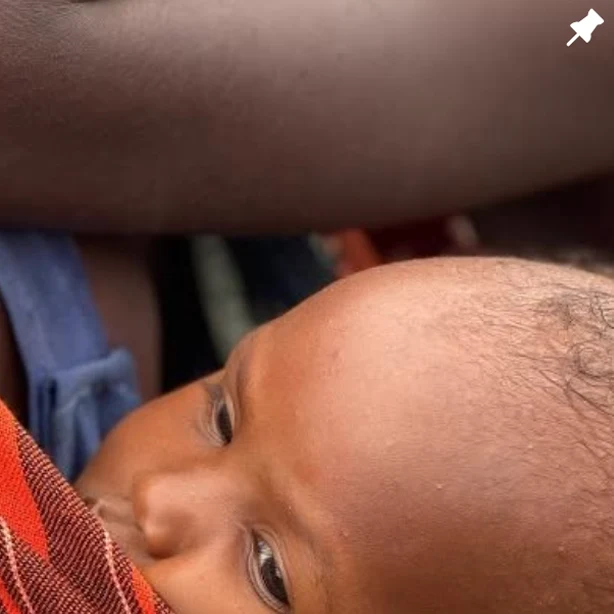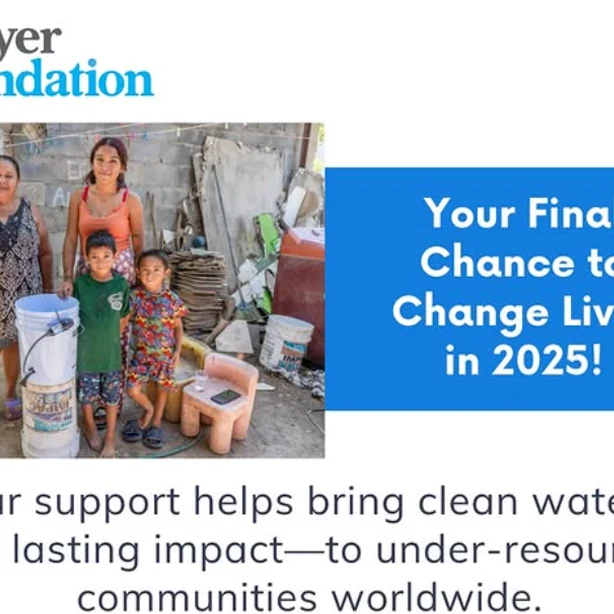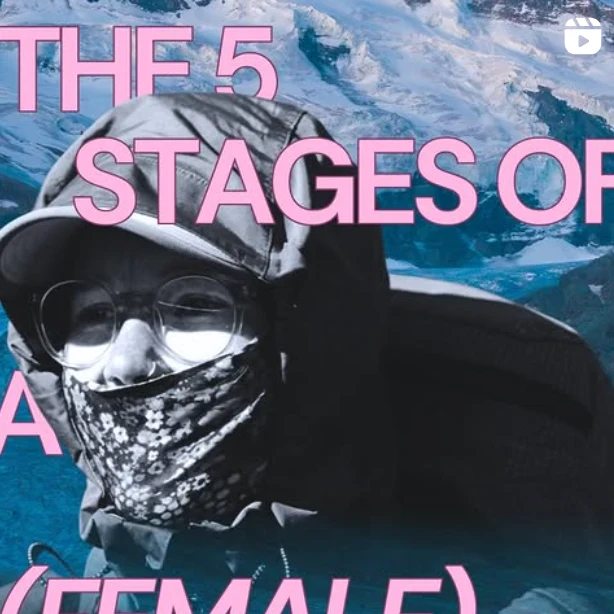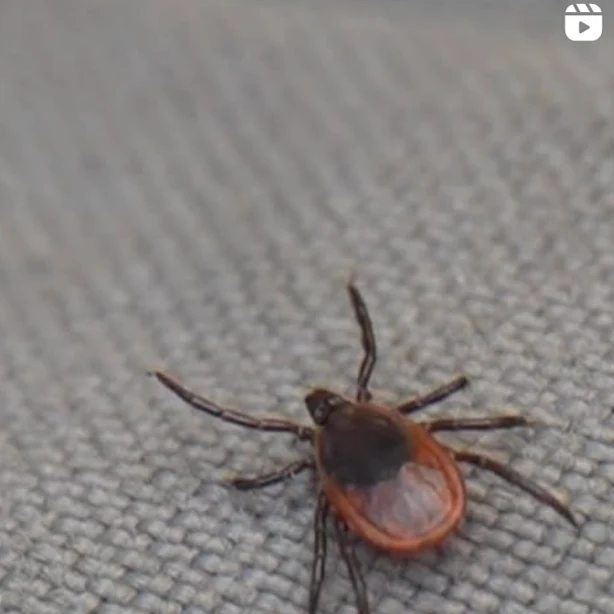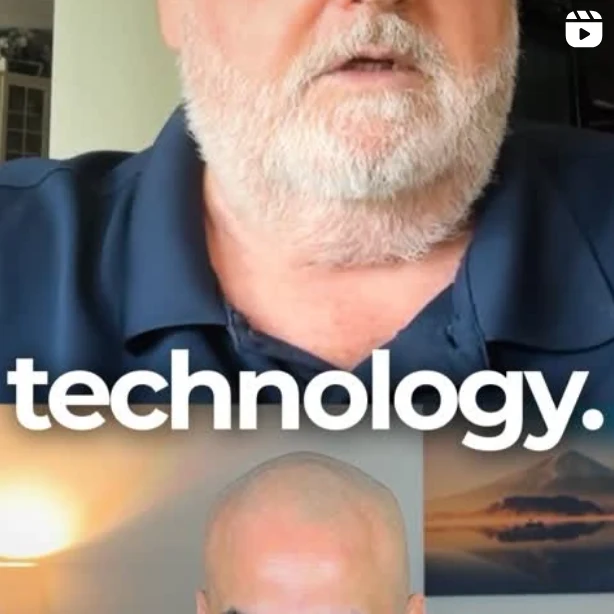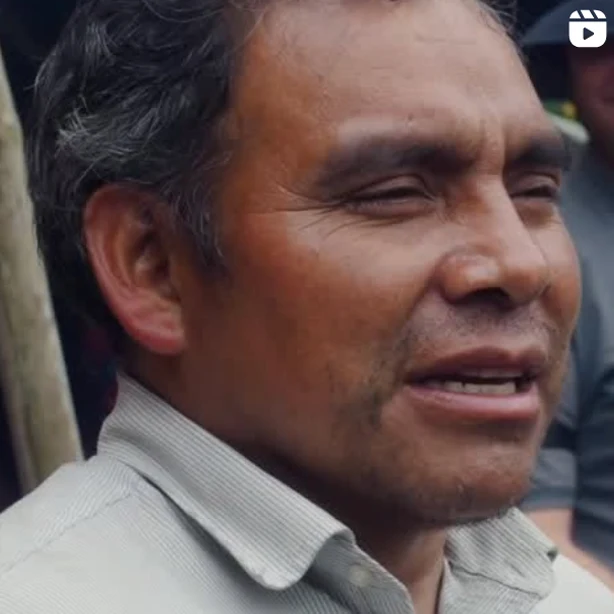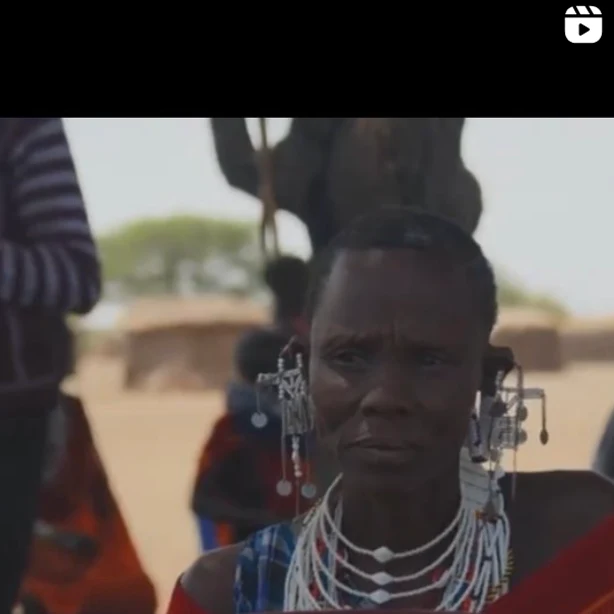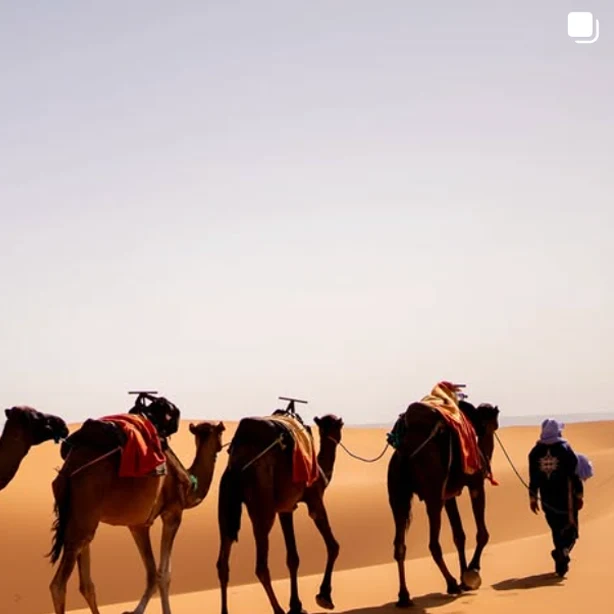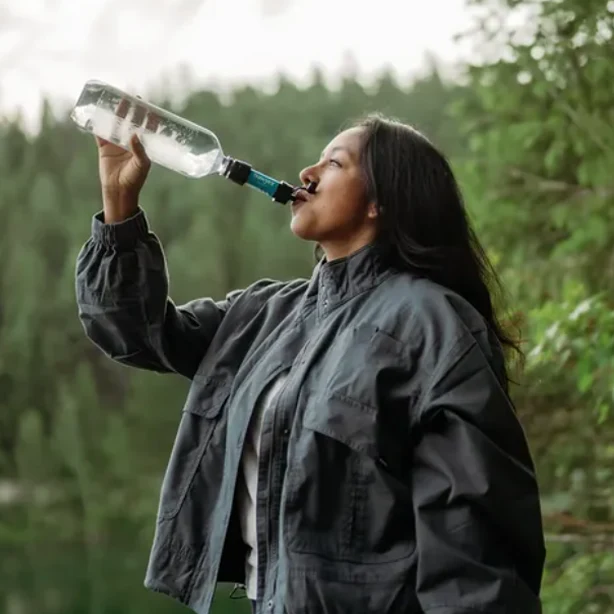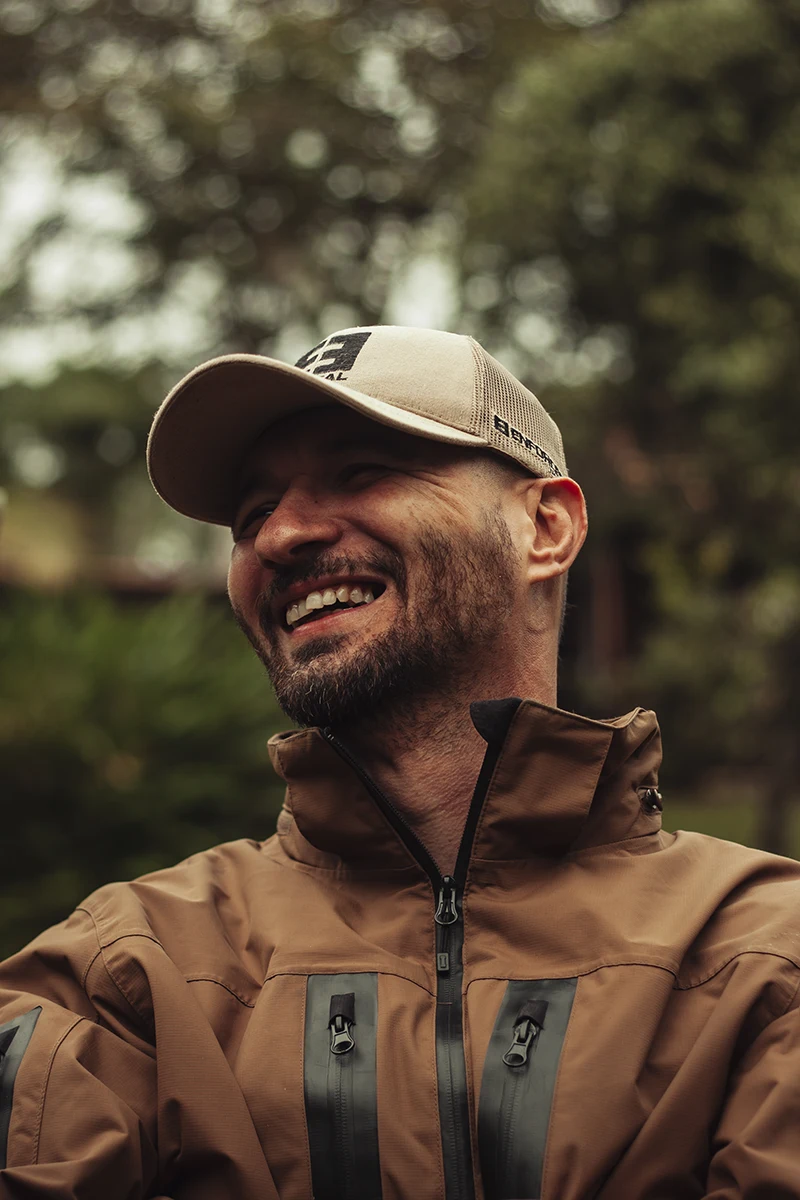Houston Chronicle: Here are ways you can protect your kids from mosquito bites
Houston Chronicle: Here are ways you can protect your kids from mosquito bites

Houston Chronicle: Here are ways you can protect your kids from mosquito bites
YouTube video highlight
Here are ways you can protect your kids from mosquito bites
Read more about the projectHere are ways you can protect your kids from mosquito bites
Q: What mosquito repellents are safe for kids? I seem to remember that you have written about problems with DEET.
A: DEET (N,N-diethyl-m-toluamide) has been controversial for decades. It was developed by the U.S. military shortly after World War II to protect troops from dengue, malaria and other tropical diseases carried by mosquitoes. In 1957, it was released on the consumer market. DEET is effective in repelling ticks as well as mosquitoes, so it can help protect youngsters from Lyme disease and Rocky Mountain Spotted Fever as well as West Nile virus.
Over the years, there have been a few reports of neurological reactions in young children (Human & Experimental Toxicology, January 2001). The Centers for Disease Control and Prevention and the Environmental Protection Agency both say that DEET is safe as long as parents follow the instructions on the label.
If you prefer to avoid DEET, there are effective alternatives. Pediatrician Alan Greene recommends picaridin-containing products such as Natrapel and Sawyer on his website DrGreene.com. Products containing oil of lemon eucalyptus are also effective and considered safe for children. Consumer Reports suggests that adults should apply insect repellent to their own hands and then rub it on children’s exposed skin.
Joe Graedon, M.S., and Teresa Graedon, Ph.D. have put together numerous other detailed questions & answers, you can find them here.
Houston Chronicle: Here are ways you can protect your kids from mosquito bites


Here are ways you can protect your kids from mosquito bites
Q: What mosquito repellents are safe for kids? I seem to remember that you have written about problems with DEET.
A: DEET (N,N-diethyl-m-toluamide) has been controversial for decades. It was developed by the U.S. military shortly after World War II to protect troops from dengue, malaria and other tropical diseases carried by mosquitoes. In 1957, it was released on the consumer market. DEET is effective in repelling ticks as well as mosquitoes, so it can help protect youngsters from Lyme disease and Rocky Mountain Spotted Fever as well as West Nile virus.
Over the years, there have been a few reports of neurological reactions in young children (Human & Experimental Toxicology, January 2001). The Centers for Disease Control and Prevention and the Environmental Protection Agency both say that DEET is safe as long as parents follow the instructions on the label.
If you prefer to avoid DEET, there are effective alternatives. Pediatrician Alan Greene recommends picaridin-containing products such as Natrapel and Sawyer on his website DrGreene.com. Products containing oil of lemon eucalyptus are also effective and considered safe for children. Consumer Reports suggests that adults should apply insect repellent to their own hands and then rub it on children’s exposed skin.
Joe Graedon, M.S., and Teresa Graedon, Ph.D. have put together numerous other detailed questions & answers, you can find them here.
Houston Chronicle: Here are ways you can protect your kids from mosquito bites


Here are ways you can protect your kids from mosquito bites
Q: What mosquito repellents are safe for kids? I seem to remember that you have written about problems with DEET.
A: DEET (N,N-diethyl-m-toluamide) has been controversial for decades. It was developed by the U.S. military shortly after World War II to protect troops from dengue, malaria and other tropical diseases carried by mosquitoes. In 1957, it was released on the consumer market. DEET is effective in repelling ticks as well as mosquitoes, so it can help protect youngsters from Lyme disease and Rocky Mountain Spotted Fever as well as West Nile virus.
Over the years, there have been a few reports of neurological reactions in young children (Human & Experimental Toxicology, January 2001). The Centers for Disease Control and Prevention and the Environmental Protection Agency both say that DEET is safe as long as parents follow the instructions on the label.
If you prefer to avoid DEET, there are effective alternatives. Pediatrician Alan Greene recommends picaridin-containing products such as Natrapel and Sawyer on his website DrGreene.com. Products containing oil of lemon eucalyptus are also effective and considered safe for children. Consumer Reports suggests that adults should apply insect repellent to their own hands and then rub it on children’s exposed skin.
Joe Graedon, M.S., and Teresa Graedon, Ph.D. have put together numerous other detailed questions & answers, you can find them here.
Recent articles
Other categories
You might also like
Built for the Outdoors
see ALL PRODUCTS인스타그램 팔로우하기
아웃도어 기업 그 이상.

From the trail
라파 홍보대사를 만나보세요. 이들은 트레일 전문가로서 험난한 환경에 견디는 데카트론 제품을 사랑하고, 한 차원 높은 모험 이야기를 통해 데카트론을 즐겁게 해줍니다.
meet our ambassadors


























